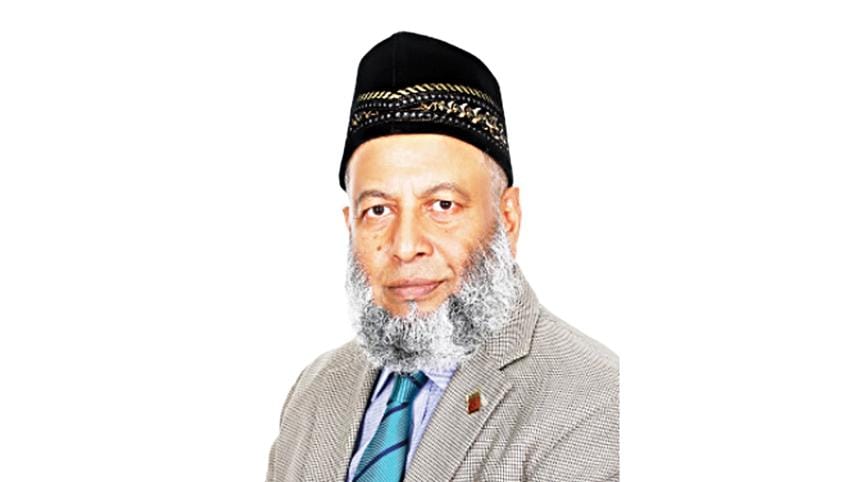More effective steps needed to widen tax net

With 53 years having passed since Bangladesh gained independence, it is now considered as one of the next emerging economies in Asia and has the prospect of being ranked among middle-income countries.
However, there is nothing to be complacent about considering these feats alone as there is still huge potential for growth.
In a country with a population of around 180 million and subsequently large consumer market, the per capita income in terms of US dollars currently stands at $2,784, according to the Bangladesh Bureau of Statistics.
And although the National Board of Revenue has spent many years trying to increase the tax-to-GDP ratio, it remains surprisingly low at less than 8 percent compared to the regional average of above 15 percent.
Of the roughly 10 million TIN holders eligible for taxation in various categories, only 3.4 million individuals and 34,000 corporates regularly file tax returns. A major reason for this disparity is the lack of close monitoring by the tax regulator, indicating that its steps so far are not enough to widen the tax net.
For example, corporate and individual tax rates have been gradually rationalised over the years but it has not been reflected positively in increasing tax collection.
This makes it evident that tax evaders, particularly a section of businesses and individuals, have not been adequately motivated to start complying with the rules.
Furthermore, the scope to whiten black money by paying 15 percent tax on undisclosed income is doing more harm than good by discouraging genuine taxpayers.
This is because those who regularly pay taxes are often harassed by tax officials due to arbitrary issues in their assessment while certain businesses and individuals are constantly evading taxes.
The Institute of Chartered Accountants of Bangladesh had introduced a document verification system in 2020 to prevent the submission falsified financial statements and ensure transparency. Still, tax evasion continues with the help of corrupt officials.
It is also surprising that many businesses conduct much of their transactions in cash and neglect to report them when filing their official financial statements.
So, these issues warrant proper investigations by experts and other experienced personal.
Besides, identifying new tax payers is not very complicated or challenging but the inspectors responsible in this regard have been largely unsuccessful due to corruption and lack of proper monitoring.
As such, tax enforcement should be made more effective and rational without causing more undue harassment for genuine taxpayers. This entails strictly monitoring TIN holders, identifying new taxpayers with external support if needed, and redefining the role of inspectors.
Also, digitalisation is a prerequisite for ensuring transparent financial reporting.
Faceless assessments should be introduced, as is the case in neighbouring countries, and the taxation system should be simplified to reduce the scope for harassment.
Big businesses should be more closely scrutinised as well, with everything from their start-up capital to current investments being brought under the scanner to ensure financial transparency.
Additionally, close monitoring of tax officials must be ensured so that they cannot exercise their powers for personal gain at the cost of taxpayers.
Ultimately, there is no alternative to overdue reforms in tax administration to address these issues.
The author is a senior partner of Hoda Vasi Chowdhury & Co and former ICAB president



 For all latest news, follow The Daily Star's Google News channel.
For all latest news, follow The Daily Star's Google News channel.
Comments